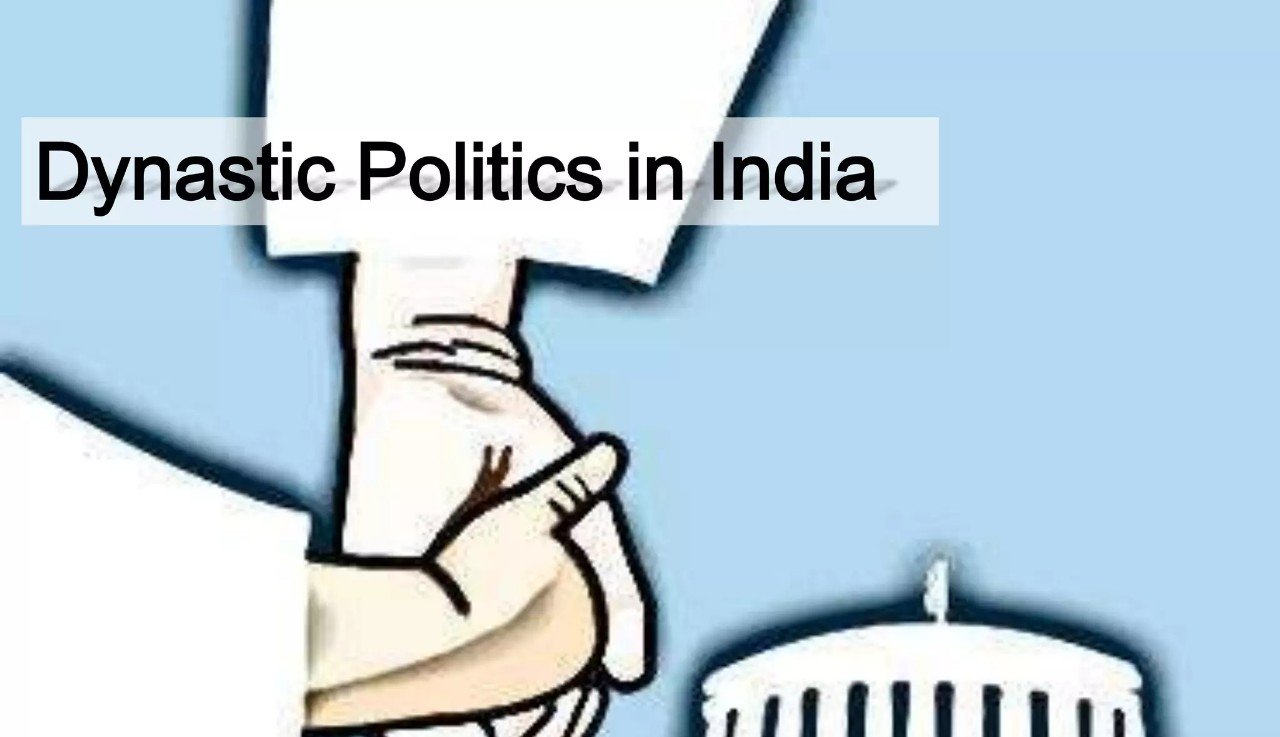Despite India’s democratic framework, political dynasties continue to dominate its electoral landscape. A recent investigation reveals that over 22% of legislators have familial ties to past or present politicians. With 1,174 dynasts from 989 families in office, the persistence of lineage politics raises questions about meritocracy, voter behavior, and systemic reform.
India’s democratic promise of equal opportunity faces a persistent challenge: the entrenchment of political dynasties. According to a detailed investigation by The Indian Express, more than 22% of India’s nearly 5,300 legislators across Parliament, state Assemblies, and Councils are linked by blood or marriage to current or former lawmakers. This includes 1,174 dynasts from 989 families, underscoring the enduring influence of familial networks in shaping political careers.
While the Constitution formally abolished regnal titles and opened leadership roles to all citizens, the reality is more complex. The monarchs of pre-independence India have often transitioned into modern-day political dynasts, leveraging legacy, name recognition, and entrenched local influence to maintain power.
Key Highlights:
- Historical Continuity: The shift from monarchy to democracy did not erase dynastic influence. Many former royals and political families adapted to the new system, retaining power through electoral means.
- Data Snapshot: Out of 5,300 legislators, 1,174 are dynasts—indicating that nearly one in four elected representatives comes from a political family.
- Voter Psychology: Familiar surnames often evoke trust, recognition, and perceived competence, especially in regions with low political literacy or limited access to alternative candidates.
- Systemic Gaps: India lacks constitutional or legal barriers to dynastic politics. Electoral funding opacity and weak inner-party democracy further enable family-based succession.
- Reform Proposals: Experts suggest measures like mandatory inner-party elections, transparent candidate selection, and voter education to counterbalance lineage-driven politics.
- Merit vs Legacy: Critics argue that dynastic dominance undermines meritocracy and democratic ideals, while supporters claim it ensures continuity and political stability.
The persistence of dynastic politics in India reflects a complex interplay of history, culture, and institutional design. While reforms are being debated, the current landscape suggests that political families will continue to shape India’s governance for the foreseeable future.
Sources: Indian Express, IAS Gyan, Economic Times.

